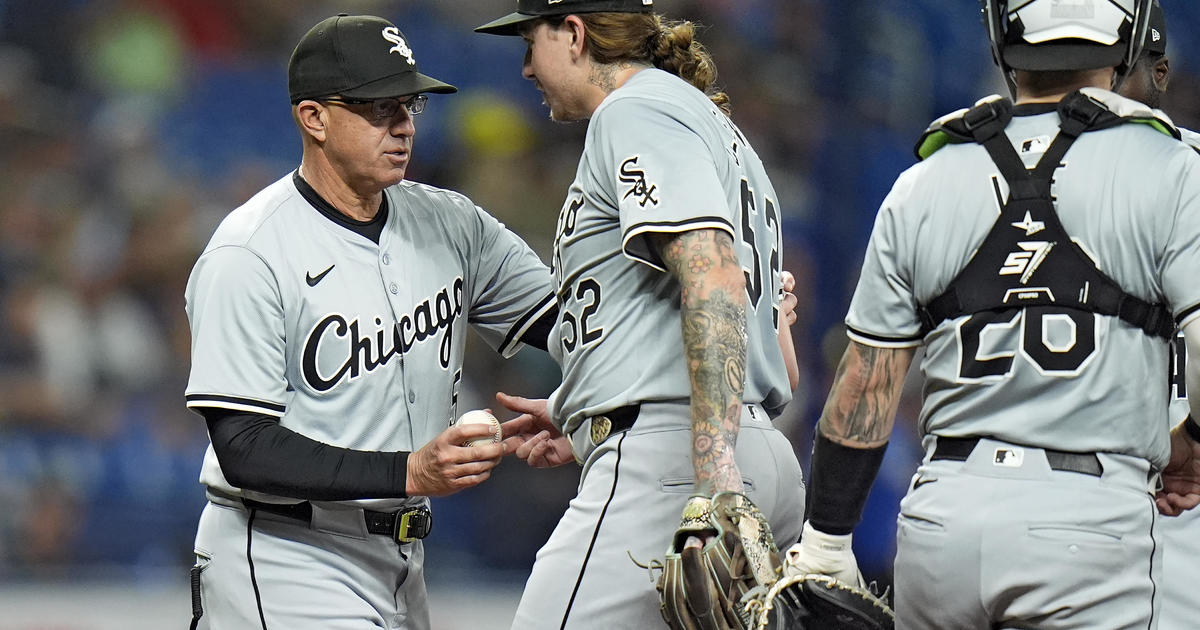61: The Scarlet Number - How the Maris Home Run Record Could Help Expunge the Steroid Era
By Eldon Ham-
670 The Score's Legal Analyst
This October 1 marks exactly 50 years since Roger Maris slammed home run #61 in 1961, taking down two icons with one swing: Babe Ruth and Mickey Mantle. For the ensuing half century the baseball fraternity shunned Maris, but now the Maris record actually provides an opportunity to remedy the steroid era.
Baseball can implement two changes that will forever set the steroid distortions straight without modifying a single record or accusing any specific player. The game should make both changes right now.
First, impose an asterisk in the record books—not for Barry Bonds, but for Roger Maris and Hank Aaron. Qualifying the marks of Bonds, McGwire, Sosa, Canseco, and others would be too complex and sullied by hearsay, innuendo, and speculation. On the other hand, Maris and Aaron remain direct victims of the steroid era. Without the prevalence of steroids, they would still be the record holders for season home runs and career homers, respectively. The new asterisk should highlight this undisputed fact, the effect of which would put the steroid era into perspective this way: *The last record holder prior to baseball's steroid era. No further explanation would be necessary.
Second, also in furtherance of baseball truth and posterity, the game should now admit Roger Maris to the Hall of Fame. Baseball does not control the Hall directly, but this is a compelling time for Cooperstown to embrace a clean player with a clean record. The pretext for excluding Maris all these years has been a vague, disingenuous reference to his mediocre "body of work" overall. But it is likely that Maris was excluded because (a) he broke the record of the premier baseball icon in Ruth, (b) he beat the charming, fair-haired Mickey Mantle to the punch, and (c) his personality was sullen and distant.
Maris deserves Cooperstown. For starters, that 61st home run is still regarded as one of the defining moments of baseball history. The ball, the bat that hit it, and the Maris jersey are all in the Hall of Fame—but the man who swung the bat, hit the ball, and rewrote history in the jersey is left out. Absurd.
The entire Maris career holds up to scrutiny, too. In 12 seasons Maris led two different teams to the World Series a total of seven times, winning three of them. He was league MVP twice, besting the great Mickey Mantle both times in 1960 and 1961.
Moreover, compare Maris to another "body of work" from Bill Mazeroski. Maz was a very good long-time player known for his miracle World Series homer in 1960. He entered Cooperstown in 2001, and he deserves recognition, but his record pales next to Maris. Maz played for 17 seasons, but Maris, with 275 homers, hit almost twice as many as Maz did. Even with five fewer years, Maris had virtually the same RBIs: 851 to 853, and both compiled identical career averages at .260 each. But the Maris career on-base percentage beats Mazeroski .345 to .299, while Maris earned a .476 slugging mark over Mazeroski's .367. Maris, of course, broke the home run record for the ages with 61, but Maz never hit more than 19 in any season and only managed 138 homers in 17 years, barely more than eight per season and just one homer in 56.2 at-bats. Maris slugged one homer in every 18.5 at-bats, more than three times the long ball productivity of Maz. In 1961 alone, Maris led the league with 142 RBIs, too, while Maz managed just 59 that same year.
Even though former Commissioner Ford Frick, an avowed Ruth fan, famously proposed qualifying the 162-game record compared to Ruth's 154-game season, no such asterisk ever really existed and no other baseball record in the last 50 years has been so tarnished. But today we have a plethora of falsely bloated records, so now is the time to resurrect the asterisk idea to preserve Maris, Aaron, and the truth. And it would help to also place Roger Maris where he has belonged for almost a half-century: Cooperstown.
Eldon L. Ham is the author of four sports books. The latest is Broadcasting Baseball: A History of the National Pastime on Radio and Television. He is an adjunct professor of Sports, Law & Society at Chicago-Kent College of Law. He has been nationally quoted in such venues as the New York Times, USA Today, Business Week, Chicago Sun-Times, Washington Post and many others. His articles have been published in the Harvard Sports Law Review, Chicago Tribune, Baltimore Sun, Trial Magazine, Seton Hall Sports Law Journal, Marquette Sports Law Review, and elsewhere.



